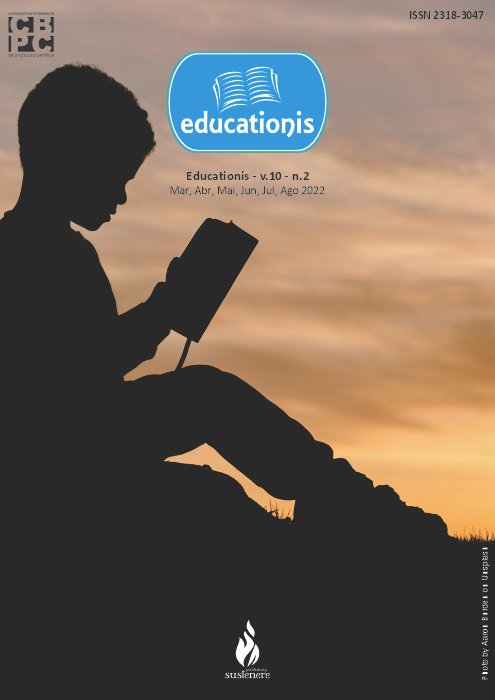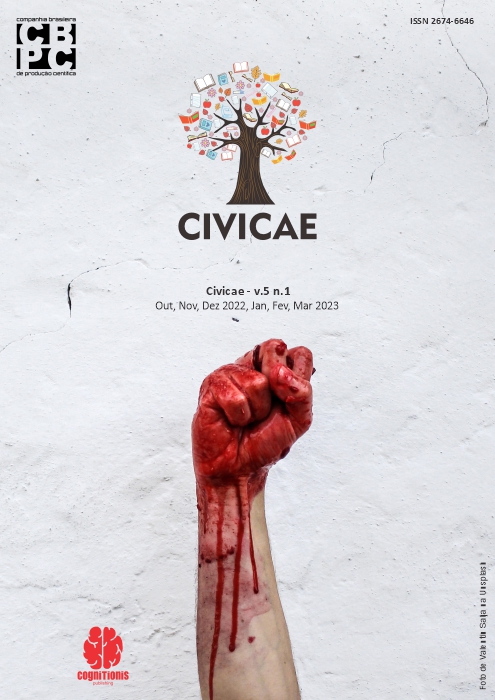The importance of PANCS and the teaching of biology: an analysis of teacher training
DOI:
https://doi.org/10.6008/CBPC2318-3047.2022.002.0009Keywords:
Botany, Education, Non-conventional, Nutrition, PlantsAbstract
Unconventional food plants (PANCs) form a group of plants little used in everyday food due to their low popularity when compared to conventional plants. However, PANCs have high nutritional, economic and cultural value as much as conventional plants. Due to their importance, it is suggested that PANCs be addressed during basic education, in elementary and high school, as a means of popularizing this group and stimulating their consumption, thus varying the supply of nutrients. For this, it is necessary for teachers to know the subject so that they can approach it effectively and in an attractive way so that students become aware of the care of plants and their importance for human health. Thus, this research aimed to describe the perception of students in the Biological Sciences course about PANCs. An online questionnaire was used as a method to identify the students' profile and their knowledge. It was observed that most of them know about the topic, but some interviewees still have a certain lag on the topic. Such a lag may be associated with the lack of approach to the topic during the training of this future teacher. In this way, it is concluded that it is necessary to insert this theme that has a relevance during the formation of these future teachers, so that they can be able to adequately address the theme during their work as an educator. In addition, there are several ways to approach this topic during the teaching process of basic and secondary education, and it is necessary to evaluate the best methodologies for each activity.
Downloads
Downloads
Published
Issue
Section
License
Copyright (c) 2022 Educationis

This work is licensed under a Creative Commons Attribution-NonCommercial-NoDerivatives 4.0 International License.
The CBPC - Companhia Brasileira de Produção Científica (Brazil CNPJ: 11.221.422/0001-03) the material rights of the published works. The rights relate to the publication of the work anywhere in the world, including rights to renewals, expansions and dissemination of the contribution, as well as other subsidiary rights. All electronically published works may subsequently be published in printed collections under the coordination of this company and / or its partners. The authors preserve the copyright, but are not allowed to publish the contribution in another medium, printed or digital, in Portuguese or in translation.









